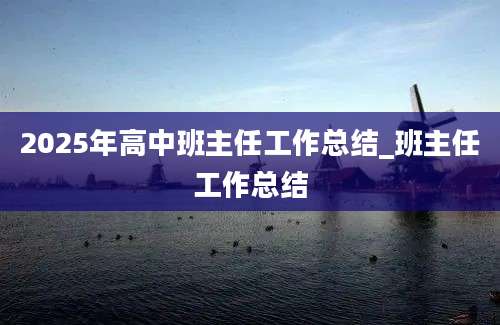范文:Job Recruitment in English

Introduction
In the globalized business world, effective communication is key. This article aims to provide a comprehensive guide to the English terminology and phrases commonly used in the field of job recruitment. Whether you are a job seeker or a hiring manager, understanding these terms will help you navigate the recruitment process more smoothly.
Main Content
1. Job Posting The advertisement or announcement of a job opening.
2. Vacancy An empty position that needs to be filled.
3. Job Description A detailed outline of the duties, responsibilities, qualifications, and requirements of a job.
4. Job Specification Specific qualifications and experience required to perform a job effectively.
5. Recruitment The process of attracting, interviewing, and hiring new employees.
6. Candidate A person who has applied for a job and is being considered for it.
7. Interview A formal meeting between an employer and a candidate to assess the candidate's suitability for the job.
8. Selection The process of choosing the most suitable candidate from the pool of applicants.
9. Onboarding The process of integrating a new employee into the organization.
10. Employment Contract A legally binding agreement between an employer and an employee, outlining the terms and conditions of employment.
Conclusion
Understanding the English terminology related to job recruitment is essential for effective communication in the global workplace. By familiarizing yourself with these terms, you can confidently participate in the recruitment process and ensure a successful outcome for both employers and candidates.
常见问答知识清单及详细解答
1. Q: What is a job posting?
A: A job posting is an advertisement or announcement that details a job opening within an organization. It typically includes information about the job, such as the job title, responsibilities, qualifications, and how to apply.
2. Q: What is the difference between a job description and a job specification?
A: A job description outlines the general responsibilities and duties of a position, while a job specification lists the specific qualifications, skills, and experience required to perform the job effectively.
3. Q: What is the role of a recruitment agency?
A: A recruitment agency acts as an intermediary between employers and job seekers, helping to find suitable candidates for job openings and matching candidates with appropriate positions.
4. Q: How can I improve my chances of getting a job interview?
A: To improve your chances of getting a job interview, tailor your resume and cover letter to the job description, prepare for interviews, network with industry professionals, and ensure your application materials are errorfree.
5. Q: What are common interview questions?
A: Common interview questions include inquiries about your experience, skills, and motivations, such as "Can you tell me about a challenging project you've worked on?" or "What are your strengths and weaknesses?"
6. Q: What should I include in my cover letter?
A: Your cover letter should introduce yourself, explain why you are interested in the job, highlight relevant skills and experiences, and express your enthusiasm for the position and the organization.
7. Q: How can I follow up after an interview?
A: After an interview, send a thankyou email to the interviewer expressing your gratitude for the opportunity and reiterating your interest in the position. Keep it concise and professional.
8. Q: What are the benefits of online job boards?
A: Online job boards provide a convenient way for job seekers to find a wide range of job openings from various employers. They are accessible 24/7 and often allow users to search by location, industry, and job type.
9. Q: How long should I wait for a response after applying for a job?
A: It's generally acceptable to wait up to two weeks for a response after applying for a job. If you haven't heard back by that time, it's appropriate to send a polite email or call to inquire about the status of your application.
10. Q: What are the key components of an effective resume?
A: An effective resume should include a clear summary of your qualifications, a wellorganized list of your work experience and education, relevant skills, and any other information that showcases your suitability for the job. Keep it concise, relevant, and easy to read.










